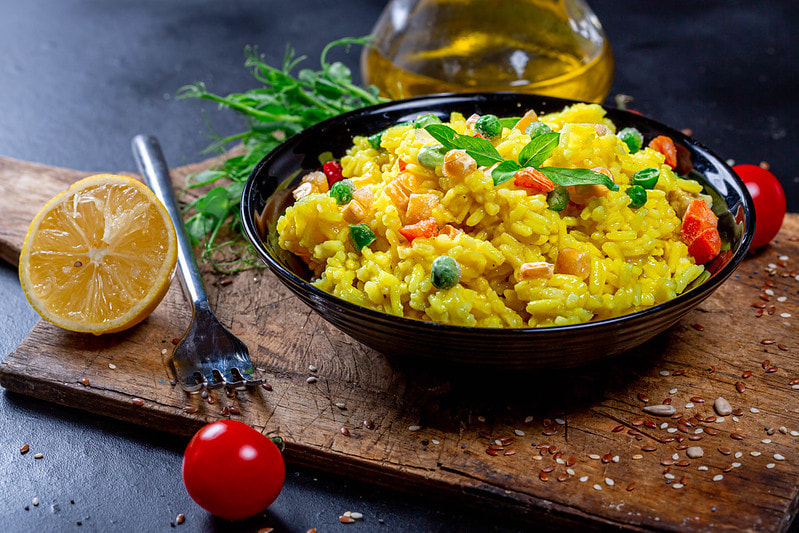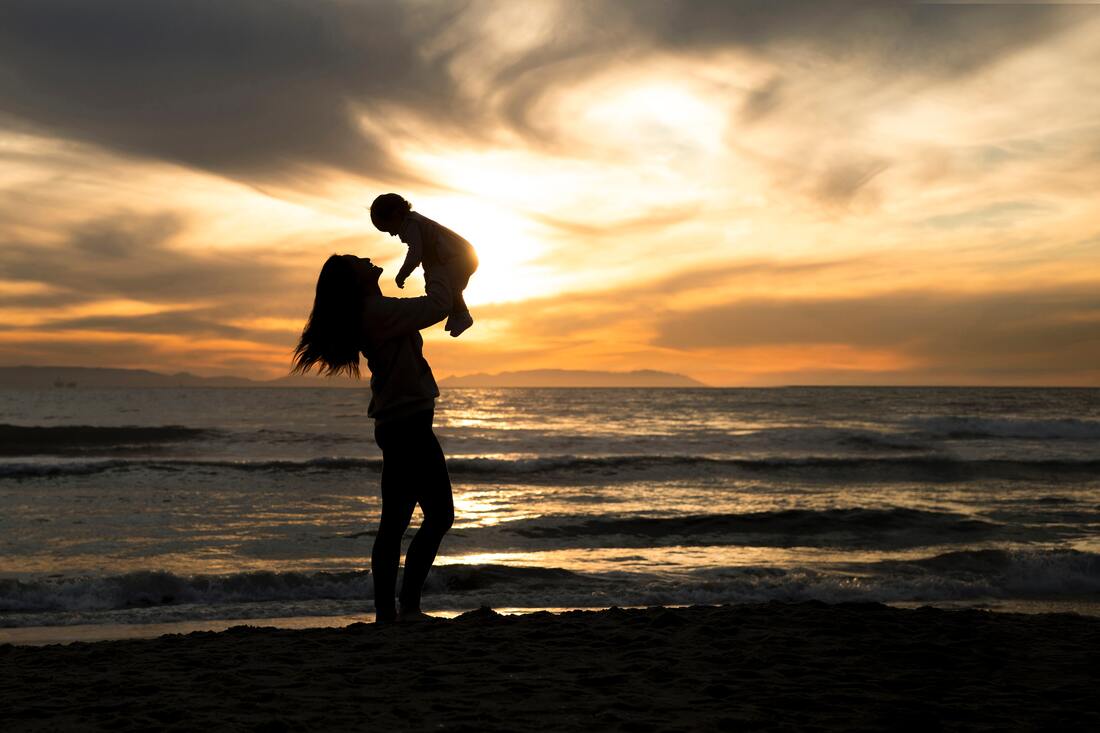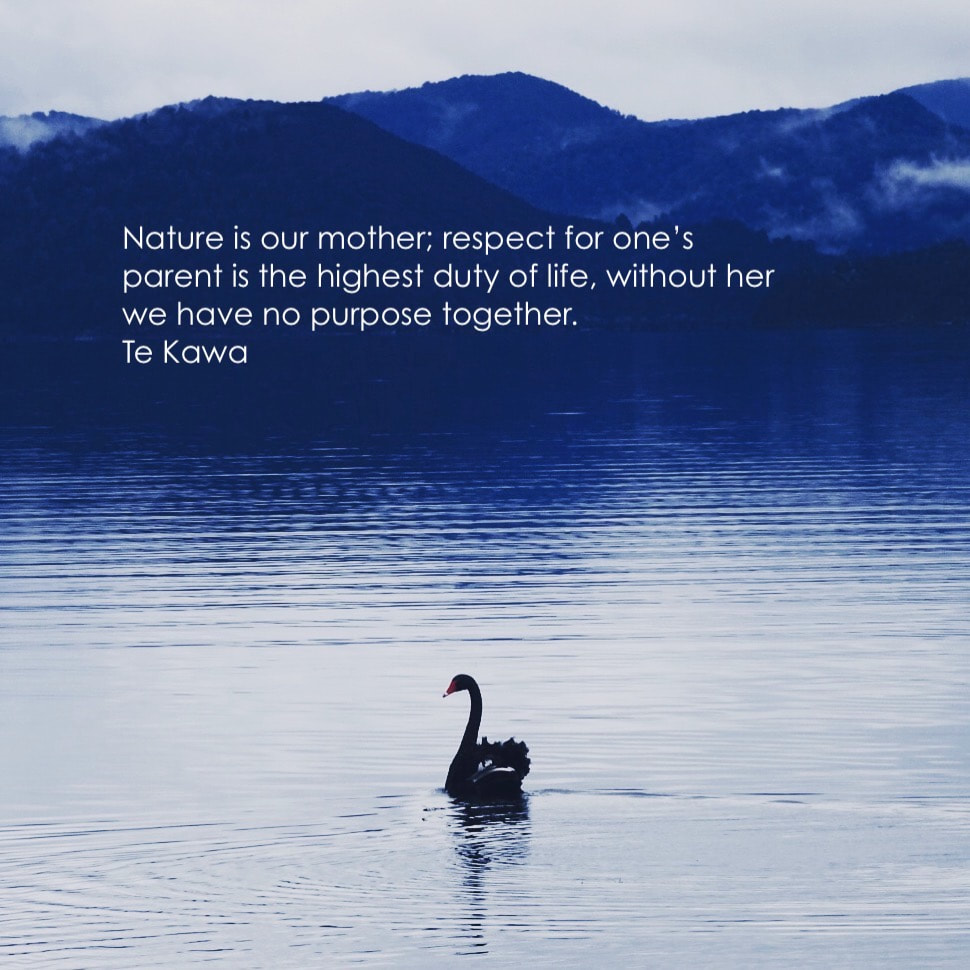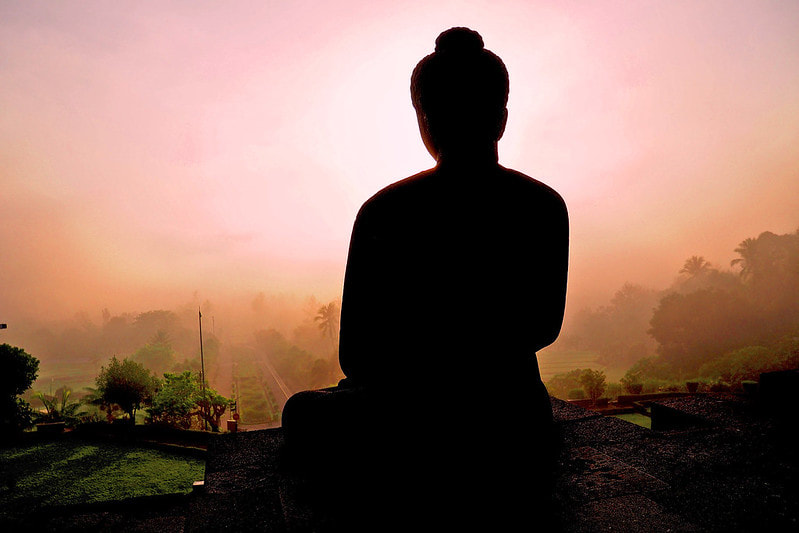Five regions are identified – Sardinia, the islands of Okinawa in Japan, Lomá Linda in Californian, the Nicoya Peninsula in Costa Rica and Icaria in Greece. People identified in these regions somehow exhibit a fraction of the diseases that kill other people and generally live long healthy lives. Being a centenarian is no outlier in these communities.
So what everyone wants to know is – what’s their secret . . . What are these people doing that the average American who lives until 78 or British person who lives until 81 is missing?
Dan Buettner suggests it comes down to these nine characteristics:
2. Purpose: Knowing why they wake up in the morning – creating a sense of meaning in their lives. Which reminds me of a quote from Winston Churchill: “It’s not enough to have lived. We should be determined to live for something.”
3. Less stress: Stress can have a serious effect on your brain – changing its structure and killing off cells. Depression, anxiety, chronic pain and decreased immune function can all be caused or exacerbated by stress. Blue zone communities have less stress – they take naps, pray or have happy hours.
4. Eating less: Blue zone people tend to eat less, recognise that 80% full is enough and have lighter meals in the evening. The internet is overloaded with articles on how eating a large meal at night can overload your digestive system. And that in turn contributes to not getting adequate rest through the night, thereby slowing your body physically and mentally the next day.
5. Plant based diets: Meat is eaten far less often by blue zone communities. Instead, a plant-based diet is more common – vegetables, fruits, nuts, legumes. If you eat meat, the rule of thumb says the meat portion of your meal should be able to fit comfortably on the palm of your hand.
7. Connection: All but five of the 263 centenarians interviewed by Dan Buettner’s team attend faith-based services – which faith doesn’t seem to matter.
8. Putting families first: Elderly parents tend to live nearby or in the family home, divorce is less common and children are loved and nurtured.
9. Belonging: Blue zone communities are essentially groups of supporting people who live similar lifestyles. Shaping those around them – living by example.
All simple stuff that demonstrates that wealth doesn’t matter as much as connection, that over-eating and stress is killing us and that love for our family and having a purpose in life is core to our happiness and longevity – more than popping vitamins and pumping iron. Oh . . and that there isn’t much wrong with a glass of wine or two!






 RSS Feed
RSS Feed